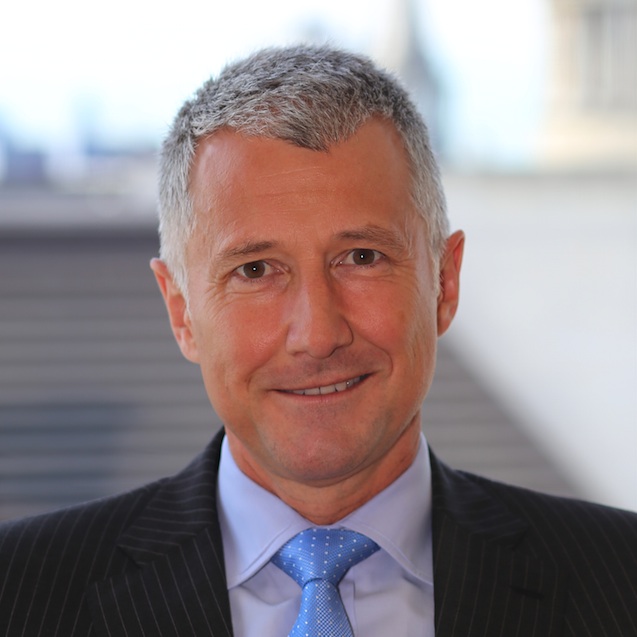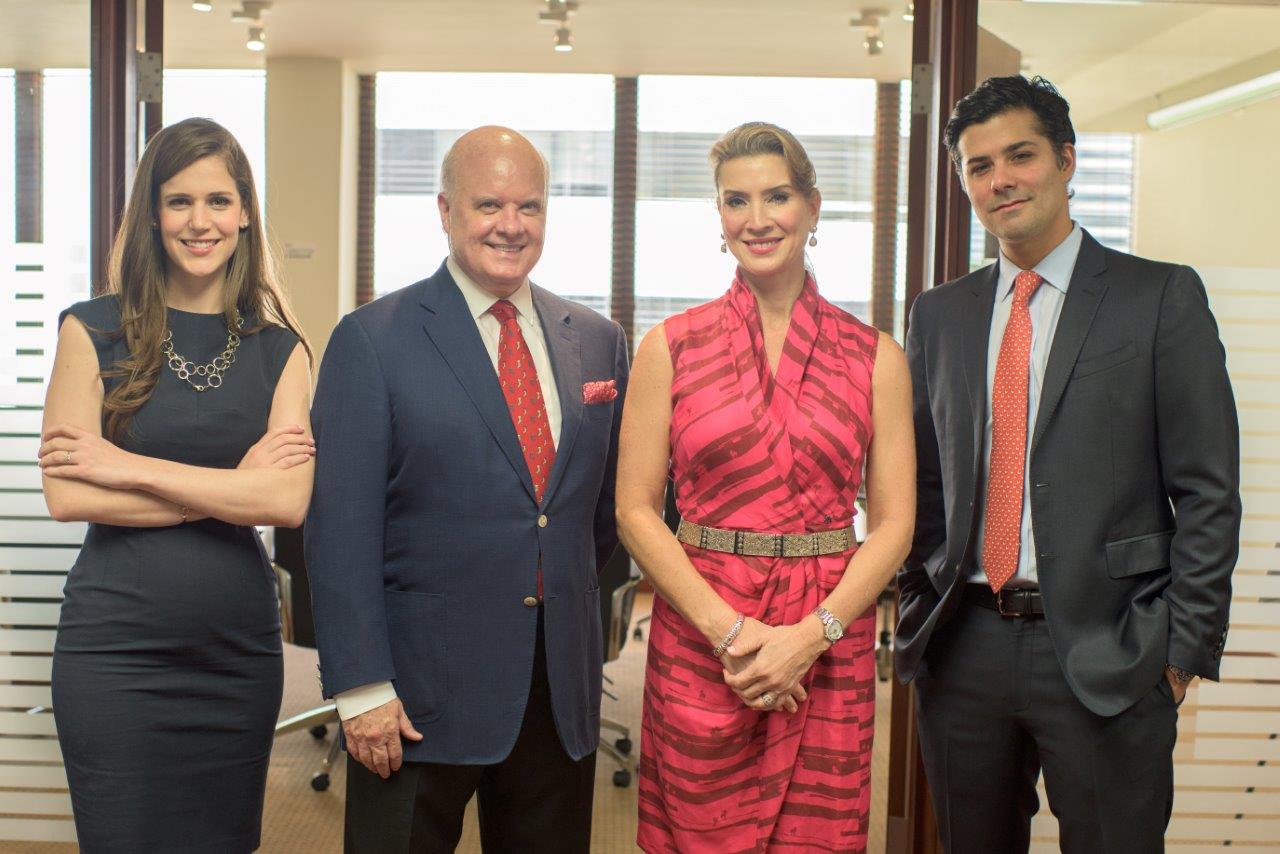With four decades of experience and a presence in 12 countries, Maitland is familiar with the global advisory and fund management needs of private and institutional clients. As its business dedicated to Latin American clients grew, the need to provide a regional base for the team composed by Benjamin Reid, Head of Business Development and Client Management for Latin America, and the Client Relationship Managers Camila Saraiva and Pedro Olmo, became apparent.
In May, the company opened its first office in Miami, a perfect candidate as headquarters for its Latin American business, as many of Maitland’s Latin American clients have some kind of presence or connection with that city.
Next 15th of September, there will be a cocktail reception to celebrate the opening of the new office and give an opportunity to meet the team behind Maitland. The event will be attended by Steve Georgala, the group’s CEO, who will travel from London to attend the evening.
Steve joined Maitland in 1985 in Luxembourg, after completing his law studies in South Africa and starting his career with Webber Wentzel law firm in Johannesburg. In December 1996, he moved to the Paris office, where he remained until he moved to the London office in 2009. Since 1987, he has been a partner of the firm, and the CEO since 2006. In an exclusive interview with Funds Society, Steve talks about the challenges of the industry and how to prepare to face them.
What sets Maitland apart from other providers in your space?
Firstly, Maitland is a private company owned and run by management and staff – making us truly independent. We are not controlled by any parent and equally we do not have any controlling interest in a bank or prime brokerage business. Secondly, all of our many global operating companies are integrated to provide a single operating platform. This ‘one-firm’ approach solution across all of our service lines permits us to deliver comprehensive solutions to our diverse client base.
Forty years ago, we started out as a small law firm in Luxembourg advising international private, corporate and fund clients. Our growth over the decades has been largely organic – accommodating for our clients’ developing needs. For example, many of our high-net-worth private client relationships are with directors of corporates for which we did structuring work, who approached us to assist them in their personal capacity.
We’ve kept our business tightly aligned with client needs so that any acquisition made has been carefully considered from a strategic and resources point of view, rather than growth for growth’s sake.
Second, our people set us apart. We are a family of over 1,300 employees globally, representing legal, accounting, administration and technology professionals throughout multiple jurisdictions. Some who have been with Maitland from the start are still serving the same clients or later generations of early clients.
In the case of the Maitland LatAm team, Benjamin Reid has been with Maitland for almost four years serving our Brazilian and LatAm client base – both private client and institutional. Prior to joining Maitland, Benjamin was involved in the set-up and roll-out of LatAm desks at BOA Merrill Lynch, RBC and HSBC. At Maitland, Benjamin has built out the LatAm business methodically; hiring native Brazilians Camila Saraiva and Pedro Olmo who as a result of their legal backgrounds fully understand our clients’ offshore multi-jurisdictional requirements.
We’ve kept our business tightly aligned with client needs so that any acquisition made has been carefully considered from a strategic and resources point of view, rather than growth for growth’s sake.
Tell me more, why now? Why did you open an office in Miami in 2016?
As the LatAm business grew it soon became obvious that Benjamin needed to relocate to be closer to our clients. Many of our LatAm clients have some form of presence in or connection with Miami.
Benjamin, Pedro and Camila have made sure our offering is properly tailored and relevant to the LatAm market. Take for example our institutional and private client accounting product for companies and funds which was developed specifically using local knowledge. Our teams across the globe (USA, Canada, London, Luxembourg and South Africa) understand the cultural differences and nuances that make LatAm clients different to those from North America, Europe and Africa.
As we have built the products needed by our clients, firmed up staffing needs and shored up our operational platforms, 2016 proved to be the perfect time to launch our presence in this part of the globe.
What are the challenges and how are you prepared to handle them?
Challenges we face are the same as the rest of the industry – stricter and frequent regulatory changes, the need to keep up to speed with technology that supports such regulatory changes and ensuring we are always ahead of the curve. As a mid-size provider with a niche advisory and fund administration focus, we have made our mark by investing in best-in-breed technologies and top talent to provide tailored solutions and swift turn-around times.
Two challenges that became an opportunity to apply our knowledge and expertise are FATCA and CRS (the OECD’s Common Reporting Standard). Our comprehensive FATCA offering encompasses responsibilities starting with our advisory team recommending the most favorable FATCA registration strategy through to tax authority reporting. Working closely with clients to identify their individual and unique situations is what Maitland does best. For example, certain structures may give rise to surprising or unnecessary reporting. We help identify the correct classifications that may impact the way in which and by whom entities are managed or operate. This in turn can impact the reporting which upon review may make room for choices that also address the client’s legitimate concerns about their privacy. Our comprehensive CRS solution is similar to the FATCA solution.
How do you see Maitland fitting in and what are your long-term goals?
Our mission is to be the go-to firm for clients who want a partner that has firm roots, a strong understanding of LatAm and provides a conduit to tailored solutions and multi-jurisdictional offerings through Cayman, BVI and Luxembourg, for example.
Our long-term goals have not changed over 40 years – we embrace complex situations to provide simple solutions. We work as teams to build long-term relationships with our clients.
With the Maitland team now here in Miami to serve clients directly and provide them with access to our worldwide, ‘one-firm’ expertise, we are happy to call Miami another corner of our home.






